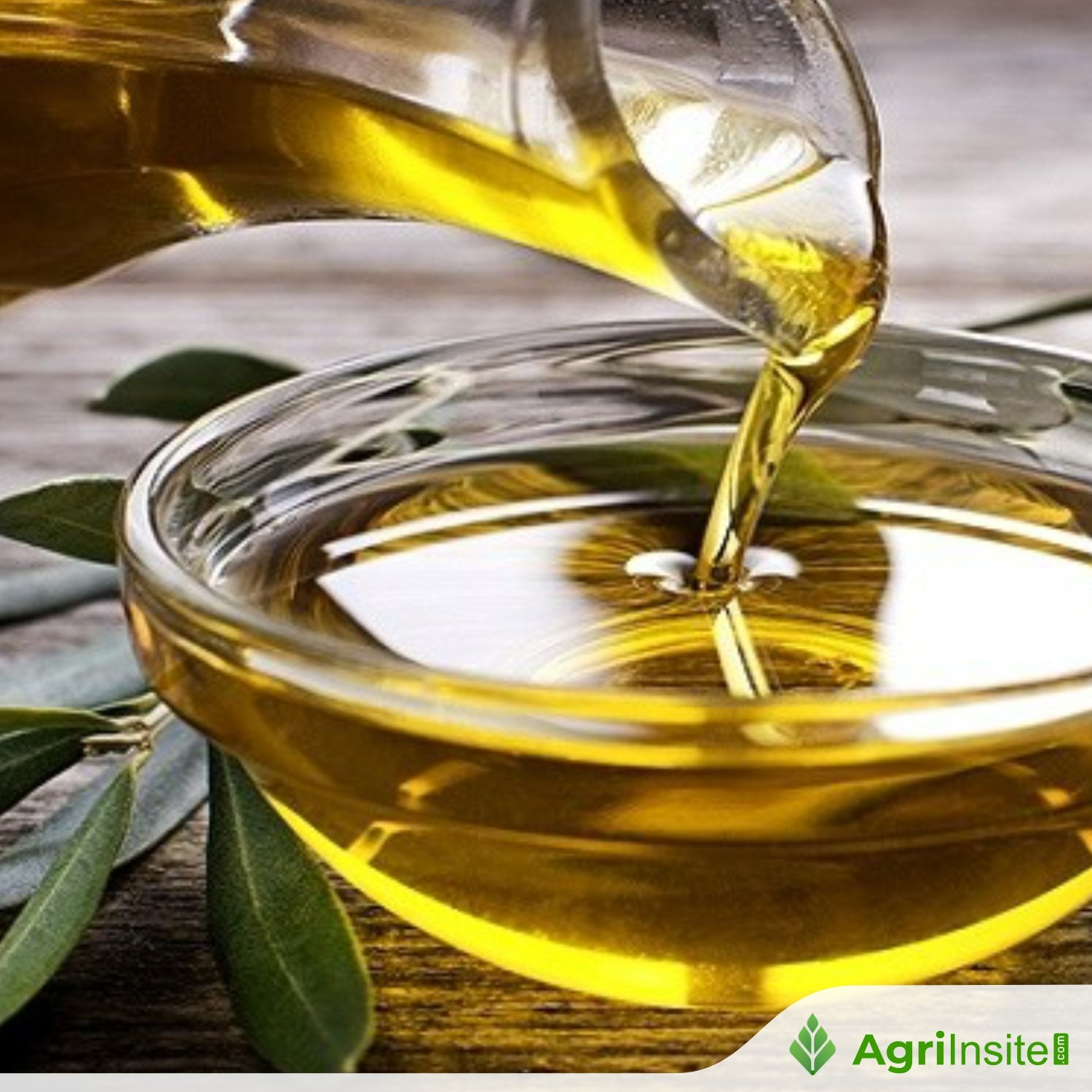Assam tea estates to benefit from National Mission on Edible Oils–Oil Palm

Tea estates in Assam can now access support under the National Mission on Edible Oils–Oil Palm (NMEO-OP) for oil palm cultivation on up to 5% of their land. Approved by the Centre, this move follows NETA’s appeal and aims to aid struggling tea planters through crop diversification and boost domestic edible oil production.
Tea gardens in Assam will now be eligible for assistance under the National Mission on Edible Oils–Oil Palm (NMEO-OP) for cultivating oil palm trees.
This decision follows an appeal by the North Eastern Tea Association (NETA), which urged the Central and State governments to extend the scheme to tea gardens to help revitalize the struggling tea industry.
The Ministry of Agriculture & Farmers Welfare, Government of India, formally approved the extension in a letter dated April 1, 2025, addressed to the Director of Agriculture, Government of Assam.
Under the revised provisions, tea estates can now use up to five percent of their land for oil palm cultivation while receiving financial assistance through NMEO-OP.
The decision aligns with Assam’s existing policy framework, as the state government had already permitted diversification on tea garden land via a Gazette Notification on October 14, 2022.
The Assam Cabinet had further reinforced this diversification strategy by officially recognizing oil palm as a cash crop in a meeting held on January 10, 2025.
A similar move was made by the West Bengal government through a Gazette Notification on February 11, 2025, allowing up to 15 percent of tea estate land to be used for alternative crops.
A study conducted by NETA concluded that tea and oil palm can be cultivated simultaneously without disrupting the existing plantation ecosystem.
The research further emphasized that integrating other cash crops such as agarwood alongside oil palm could offer economic relief to tea planters facing financial distress.
Tea estates that adopt oil palm cultivation under NMEO-OP will be eligible for a range of financial incentives, including support for planting material and maintenance during the gestation period (four years).
Assistance for intercropping inputs, land clearance, and bio-fencing. Funding for irrigation infrastructure such as drip irrigation, bore wells, and water harvesting structures.
India remains the world’s largest importer of edible oils, and the NMEO-OP initiative aims to enhance domestic production while reducing reliance on imports.
To read more about Edible Oil News continue reading Agriinsite.com
Source : The Statesman















